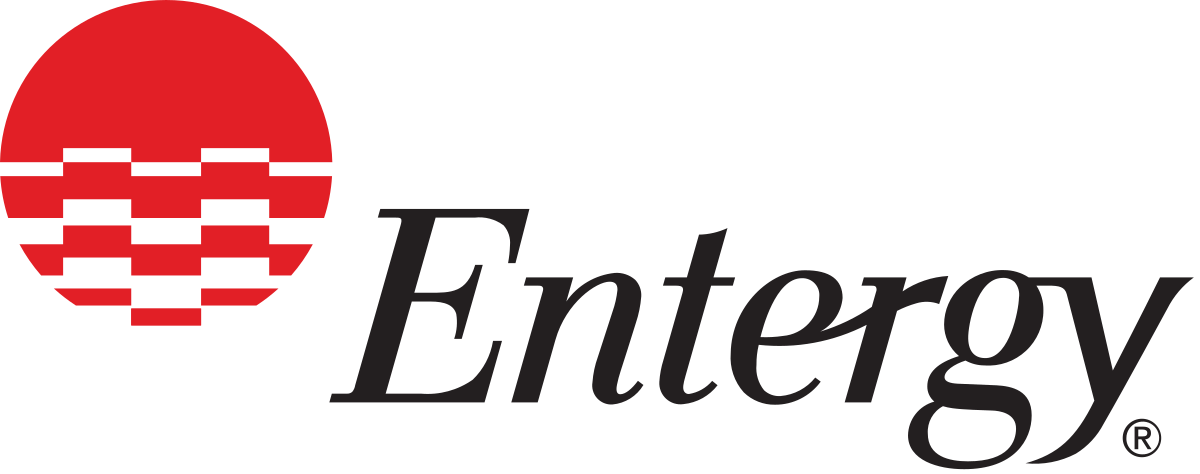Nuclear Reactors 689 - Problems With Booming Market In Decommissioning - Part 1 of 2 Parts
Part 1 of 2 Parts
A few days ago, I posted about the booming market in decommissioning nuclear reactors. That post spoke of the number of reactors that will need to be decommissioned in the near future and the business opportunities that are offered. It turns out that there are some serious problems with the rush to decommission.
Holtec International just received federal permission to purchase New Jersey’s Oyster Creek nuclear power plant. Oyster Creek was permanently closed down last fall. Holtec bought the plant to decommission which includes the management of spent nuclear fuel and other radioactive wastes. This transaction is one of several recent deals where a small privately-owned company specializing in decommissioning purchased a nuclear power plant from a big publicly-traded company. Considering that more such sales are being carried out, it is past time to consider what implications there might be in such transactions with respect to the safety of the public and the environment.
The nuclear industry in the U.S. has an excellent record of safe operations. Most owners of nuclear power plants in the U.S. have been big utility companies with a lot to lose with respect to reputation and profits if something goes wrong at a nuclear power plant that they own and operate. The question has been raised as to whether or not much smaller companies have the same incentives with respect to ownership of nuclear power plants.
On of the biggest sellers of nuclear power plants is a company named Entergy. Entergy is selling the Vermont Yankee plant which closed in 2016, the Pilgrim nuclear power plant in Massachusetts which closed in 2019, the Indian Point plant in New York which is closing in 2021, and the Palisades nuclear power plant in Michigan which is closing in 2022. Entergy and Exelon which is selling Oyster Creek are big, publicly traded companies. Entergy has a market capitalization of nineteen billion dollars. Exelon has a has a market capitalization of forty-eight billion.
In contrast to the sellers, the buyers are small privately held companies. Holtec International which is decommissioning Oyster Creek has special expertise and equipment for decommissioning, spent fuel storage, nuclear materials transport and other services for the nuclear industry. NorthStar Group Services (NGS) is buying the Pilgrim nuclear power plant. NGS is another small, privately-owned company which offers specialized facility service contracting.
These buyers are better suited to manage the decommissioning process. These specialized companies will be able to bring their expertise to carry out safe and complete decommissioning. Big companies such as Entergy and Exelon on the other hand have to manage a large number of different projects and sites and may not have the expertise and equipment required for decommissioning.
There is also the possibility that these transfers of nuclear assets could come with big problems. With respect to operating nuclear power plants, safe operation meant more profits. These economic incentives likely contribute to the good safety record of the U.S. nuclear industry. Nuclear plant owners exert considerable effort to avoid problems because those problems might require that a plant be shut down while they are dealt with. Shutting down a plant means a significant loss of profit.
At the peak of its involvement in nuclear power generation, Entergy owned and operating eight nuclear power plants. These plants generated over nine gigawatts of nuclear capacity. With such a large investment in nuclear power, Entergy had a huge incentive to keep all of its plants running without serious incidents. Safe nuclear power is profitable nuclear power.
Please read Part 2
